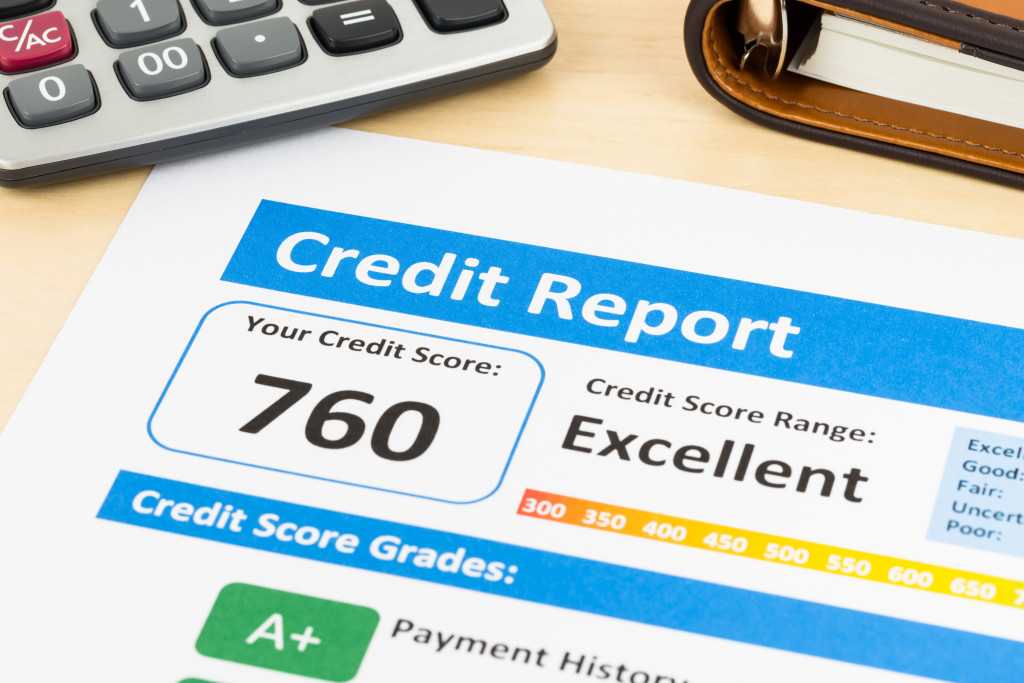When buying a house in a suburb or a piece of land for sale, the first thing a lender would ask you is if you how much money you have in the bank?
No financial institution would issue you a check for 100% of the cash you need. You’re expected to shoulder a portion of it and prove you have sufficient reserves to sustain your repayment.
One of the reasons why Australia has a housing crisis is inadequate genuine savings. Your deposit should comprise money genuinely saved by you over at least three months.
Since deposit size is tied to the price of the property, the shortage of affordable housing has rendered basic genuine savings requirements difficult to meet.
Most lenders would want to see your deposit to be made up by genuinely saved funds to loan you up to 95% of the house’s price. Many of us could only produce 1% to 2% no matter well we manage our finances.
If genuine savings is one major roadblock in your way toward home ownership, don’t fret. Use the tips here to supplement your “not green enough” bank account.
Be a Model Renter
If you’ve been renting for a long time, you may be able to get away with not having ample genuine savings and qualify for a mortgage. Some lenders are open to judging your capacity to take out a home loan by your track record as a renter.
These financial institutions would require a minimum of 12 months of rental history. Your payments, backed by bank statements, should be solid throughout that period. You could also find lenders that are willing to settle with a three-month history.
Further, your name must be on the lease even if you’re sharing the roof with another person. Of course, the tenancy agreement must be legally binding, whether you’re using a licensed real estate agent or renting privately.
If you’re a stellar renter, your deposit won’t have to be genuine savings.
Seek Other Sources of Funds
Once you’re allowed to use other funds sources as a deposit, take advantage of every type you could use. The list is long, but what matters is that you could back it up with documents. This way, your lender could follow the paper trail for verification and ensure that it didn’t come from illegal means.
Protect Your Credit

Not having sufficient genuine savings is already a major turnoff, so you ought to have excellent credit. You’re entitled to a free credit report every 12 months. If you’ve experienced a credit rejection, you could get a free copy of your file within 90 days to see what went wrong.
Deep knowledge of your credit is powerful because it will allow you to spot and correct errors, which can boost your score. Moreover, it will let you know how far you are from having unassailable creditworthiness. ;
Of all the ways to boost your credit quickly, not cancelling a credit card, especially an old one, is perhaps the best advice.
Said tips are useful, but the most important thing is to find a liberal lender. Most financial institutions are too conservative to negotiate without seeing adequate genuine savings. So strive until you could find a lender with enough risk appetite to accept you.




